Products & Services Industry Guides
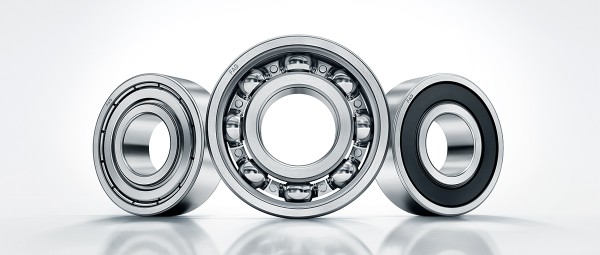
From manufacturing to automotive, deep groove ball bearings play a pivotal role in ensuring seamless operations across industries.
Therefore, understanding their common issues and troubleshooting tips will not only deepen your knowledge about these mechanical components but also enhance your appreciation for these indispensable mechanical marvels.
This blog will help to navigate you into the intricacies of deep groove ball bearings, equipping you with the knowledge needed to optimise your machine performance.
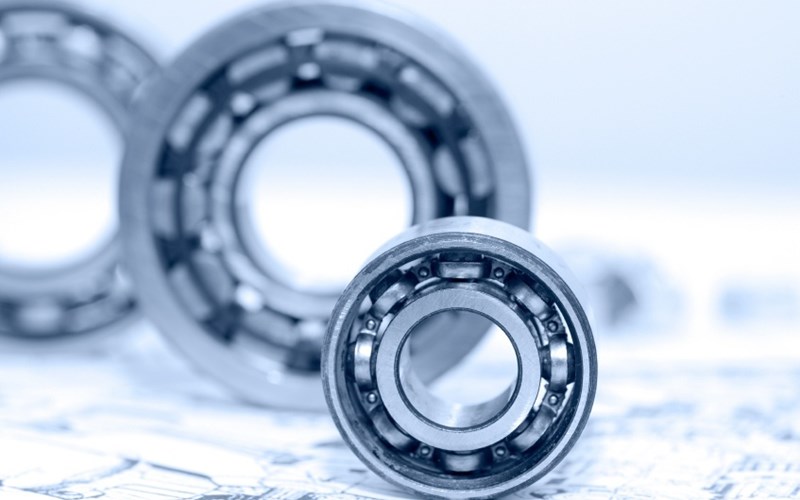
Deep groove ball bearings, the workhorses of many mechanical systems, are not immune to issues that can impede their functionality.
From bothersome noise and unsettling vibrations to the concerning spectre of overheating and premature failure, these bearings face a series of common challenges.
Here are some of the challenges and solutions needed for deep groove ball bearings:
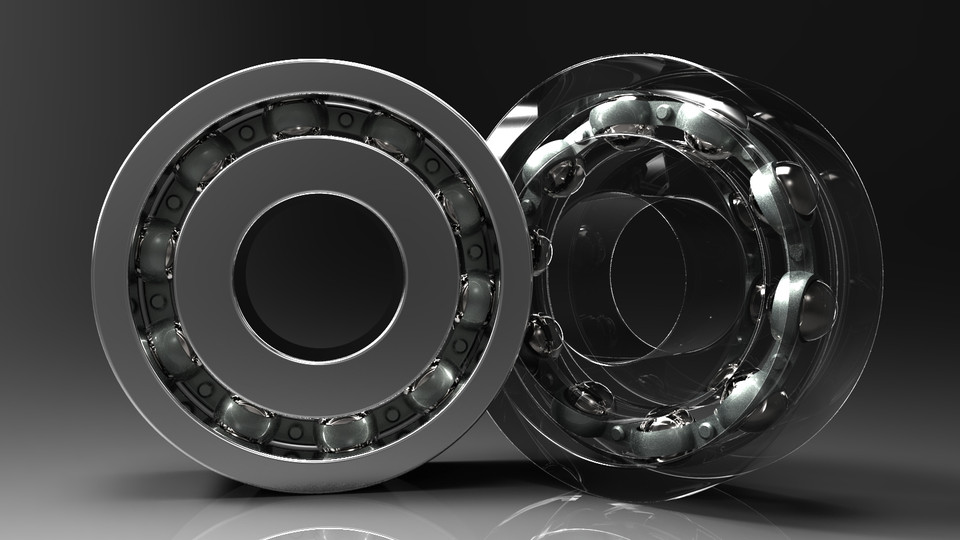
Noise and vibration are frequent nuisances encountered in deep groove ball bearings, often signalling underlying issues that demand attention.
Excessive noise and vibration can arise from various factors such as inadequate lubrication, misalignment, or bearing damage.
To address this, meticulous maintenance practices are essential. Regular lubrication with the appropriate grease or oil helps reduce friction and dampen vibrations.
Additionally, ensuring proper alignment of the bearing within the machinery minimises stress on the components, thereby decreasing noise and vibration levels.
To guarantee a proper alignment for your deep groove ball bearing, you can always opt for professional alignment services to prevent the issues.
In cases of severe damage, replacement of the bearing may be necessary to restore optimal performance and mitigate further issues.
By prioritising proactive maintenance and prompt intervention, noise and vibration problems in deep groove ball bearings can be effectively managed, ensuring smooth and quiet operation in industrial applications.
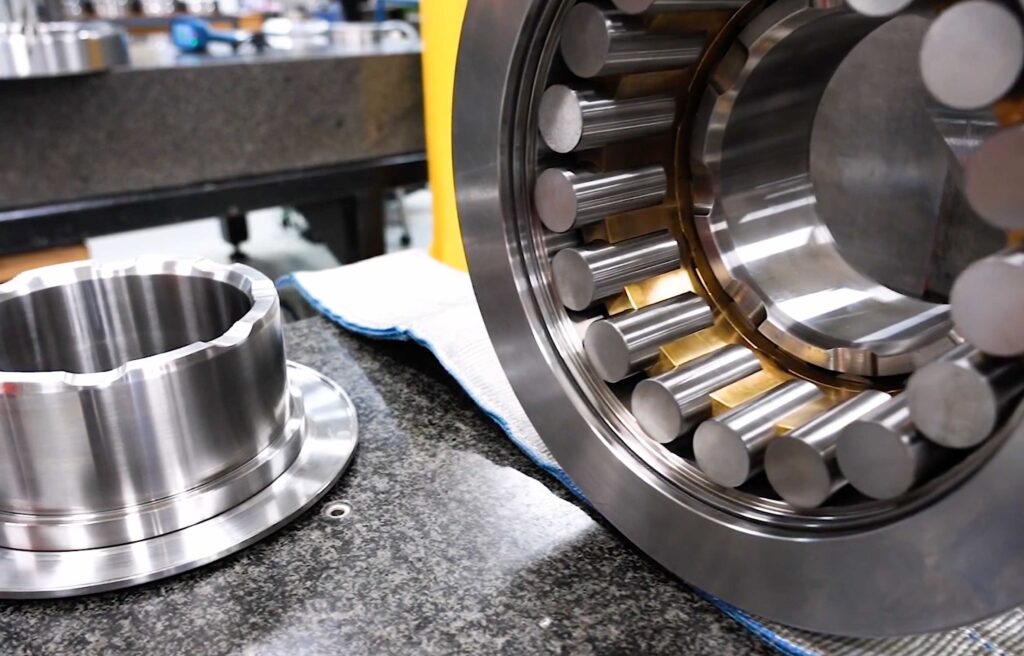
Overheating in deep groove ball bearings is a concerning issue that can lead to accelerated wear, lubricant breakdown, and ultimately, premature failure.
Several factors contribute to overheating, including inadequate lubrication, excessive loads, improper mounting, and high operating speeds.
Firstly, to combat overheating, proper lubrication is paramount. Using the correct lubricant in the right quantity ensures adequate film thickness between rolling elements, reducing friction and heat generation.
In addition, regular monitoring of lubricant condition and replenishing it as needed helps prevent overheating as well.
Moreover, ensuring that the bearing is mounted correctly and securely aligned within the machinery prevents misalignment-induced friction, which can lead to overheating.
In cases of persistent overheating, getting expert assistance in conducting a thorough inspection to identify any signs of damage or wear is crucial.
Timely replacement of damaged bearings or components prevents further heat buildup and potentially catastrophic failure.
By addressing these causes and implementing preventive measures, overheating in deep groove ball bearings can be effectively managed, ensuring reliable performance and prolonged service life in industrial applications.
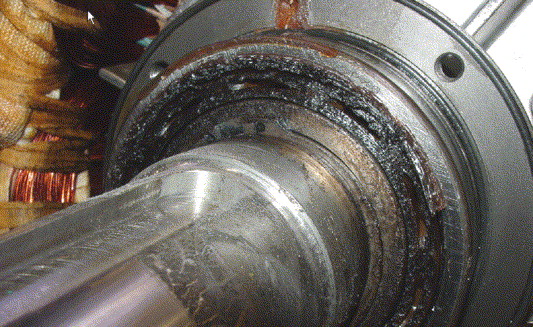
Premature failure of deep groove ball bearings is a vexing issue that can disrupt operations and incur significant costs.
One common cause of premature failure is inadequate lubrication. Insufficient or degraded lubricant can lead to increased friction, wear, and heat generation within the bearing.
According to sciencedirect.com, regular lubrication checks and timely replenishment with the appropriate lubricant help maintain optimal operating conditions and prevent premature failure.
Misalignment is another prevalent factor contributing to premature bearing failure. Improper alignment places undue stress on the bearing, leading to uneven load distribution and accelerated wear.
Ensuring precise alignment during installation and periodic alignment checks are essential for preventing premature failure.
Aside from these two factors, contamination is also a pervasive threat to bearing longevity. Particles such as dust, dirt, and debris infiltrate the bearing, causing abrasive wear and damage to the rolling elements and raceways.
Implementing effective sealing and shielding mechanisms, as well as maintaining clean operating environments, helps mitigate contamination-related failures.
Lastly, overloading and excessive operating speeds can exceed the bearing's capacity, leading to fatigue and premature failure.
Adhering to load and speed limits specified by the manufacturer, as well as periodic performance monitoring, helps prevent overloading-related failures.
Addressing these root causes of premature failure requires a comprehensive approach that encompasses proper lubrication, alignment, contamination control, handling, and adherence to load and speed limits. By implementing proactive maintenance practices and adhering to manufacturer guidelines, premature failure of deep groove ball bearings can be mitigated.
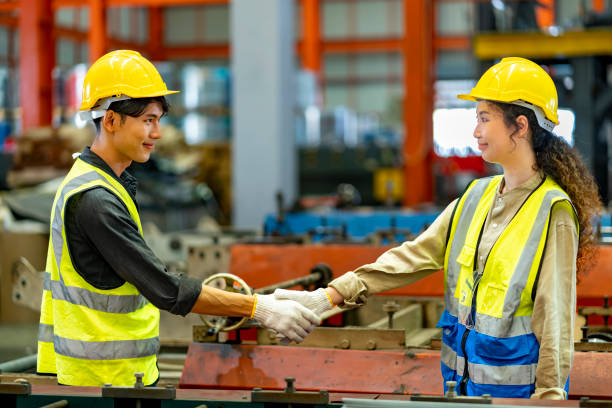
In conclusion, troubleshooting deep groove ball-bearing issues is a critical aspect of ensuring smooth and efficient machinery operations.
By understanding common problems such as noise, vibration, overheating, and premature failure, and implementing effective solutions, engineers and maintenance professionals can minimise downtime and prolong bearing lifespan.
Alternatively, for those seeking professional assistance or specialised expertise in dealing with deep groove ball bearings, SLSPRO stands as a reliable partner.
SLSPRO experts offer comprehensive services and provide tailored solutions and specialised services to meet the unique needs of clients across various industries
You can also browse our extensive deep groove ball bearings selections on our website.
Get in touch with us for professional help and greater operational efficiency today!
Essential components ensure smooth and efficient rotational motion in machinery.
Find Out MoreEssential components ensure smooth and efficient rotational motion in machinery.
Find Out More
 Contact Us
Contact Us 